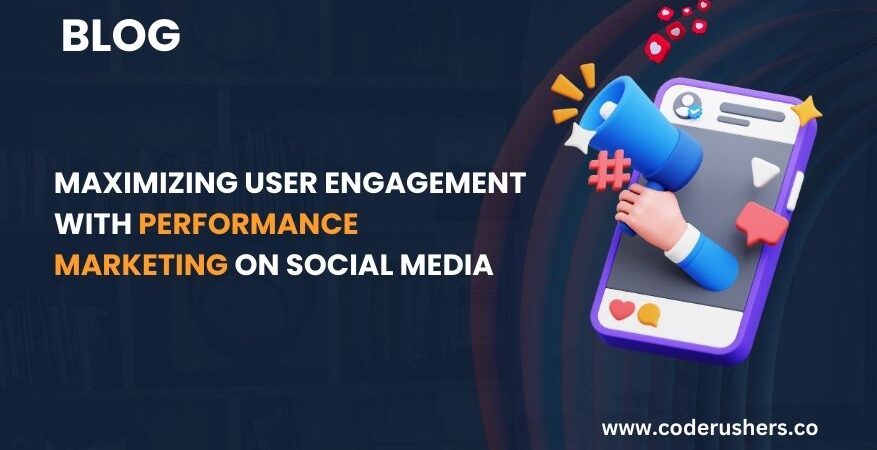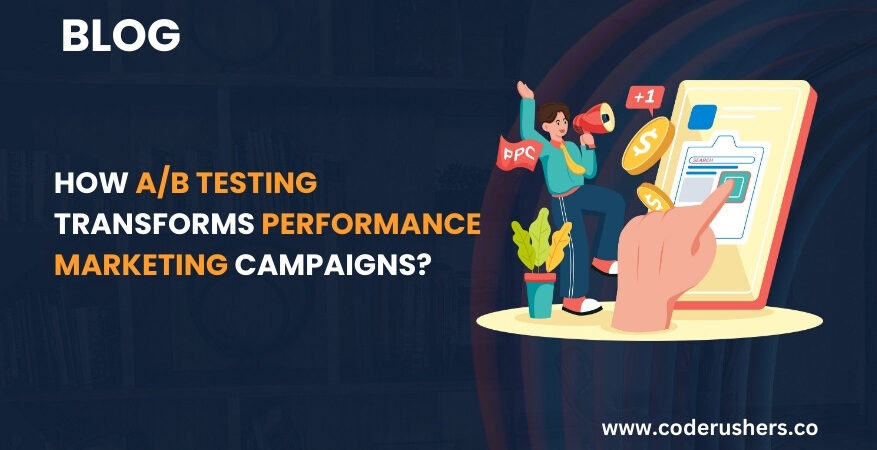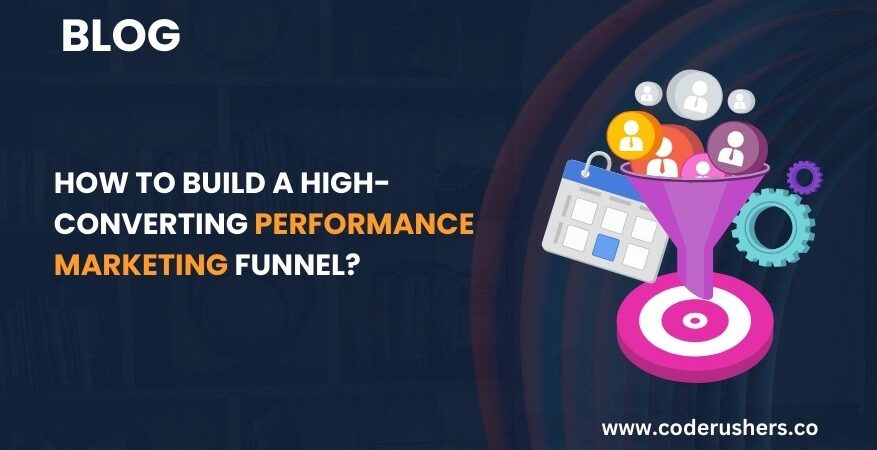
Top Tips to Build Your Mobile App in UAE Market 2025
Most apps in the UAE market fail quietly within the first three months. Not because the idea was bad, but because the execution didn’t match user expectations. With the right mobile app development services in UAE you can build an app that truly connects with the unique needs, culture, and expectations of UAE users. Whether you’re launching your first app or optimizing an existing one, success depends on understanding the local market, picking the right tech, and delivering an experience that feels like it was made just for them. Ready to learn the top tips that will help your app thrive in the UAE? Let’s dive in. Before you write a single line of code, get to know who you’re building for. The UAE’s diverse population means your Mobile App Development Dubai needs to resonate with different cultures, languages, and habits. Understanding these local nuances upfront saves you from costly redesigns later and helps your app connect meaningfully. Language and Culture: Offering Arabic alongside English isn’t a luxury; it’s a necessity. Even things like how you design navigation or pick your color scheme can impact engagement because of their cultural meanings. Device Preferences: IPhones tend to lead in Dubai and Abu Dhabi because of higher incomes, while Android App Development Dubai dominates in the other emirates. Considering these preferences will help you design your app for better performance and happier users. User Behavior: People in the UAE expect apps to be fast, really fast—and to offer smooth, reliable payment options. Integrating local favorites like PayFort or Apple Pay can seriously boost how many people complete purchases or bookings. Trust & Security: With the UAE’s strict data privacy and cyber laws, your app must follow the rules to keep user data safe. This not only helps you avoid penalties but also builds the kind of loyalty users really appreciate. Read our blog: Boost Your Sales Using Social Media Marketing Services in UAE Choose the Right Technology for Your App Picking the right development approach is more than just technical. It shapes the entire user experience. Whether you go native, enterprise, or Hybrid App Development Dubai each option has pros and cons depending on your goals and budget. Choosing a partner who combines technical know-how with a deep understanding of the UAE market is like having an insider on your team. Code Rushers delivers mobile app development services to build high-performing, user-first apps. Understanding these options helps you balance cost vs quality and plan your mobile app development process efficiently. Native iOS App Development UAE: If you want top-notch performance and a tailored experience, native apps are the way to go. They offer the best user experience and access to device-specific features, which are critical for apps like banking, real estate, or healthcare. Hybrid & Cross-Platform App Development UAE: Mobile App Development Tools like Flutter or React Native let you build once and deploy everywhere. Great for startups or companies testing new markets, but watch out for slight lags or UI glitches, which some UAE users may notice. Enterprise App Development Dubai: If you’re building for large organizations with complex workflows, having a custom-built enterprise app that’s designed for scalability and security isn’t just a nice bonus—it’s essential. Custom App Development in the UAE means creating tailored solutions that fit your unique business needs, helping you stand out and grow with confidence. UI/UX Design for Apps That Speaks to the UAE User Your app’s look and feel are the first impressions that can either hook or repel users. When your Mobile App development services in UAE reflects local culture and usability preferences, it builds trust and encourages longer engagement. Here’s what to focus on: Localization of UI/UX: The UAE market expects familiar apps. That means supporting right-to-left text for Arabic and designing user flows that respect local customs (for example, gender-specific content or cultural holidays). Speed & Simplicity: Studies show users abandon apps that take more than 3 seconds to load. So, efficient UI that minimizes unnecessary animations and data-heavy graphics is crucial. Mobile App Design UAE trends: Minimalist app designs combined with vibrant accents are trending. Think clear CTAs, easy navigation, and personalized experiences like greeting users in their preferred language or offering region-specific deals. Accessibility: Don’t overlook users with disabilities. Implementing accessibility features like voice commands or adjustable font sizes in your App Development Services Dubai not only broadens your user base but also complies with emerging UAE accessibility standards. Get Clear on Costs and Local Compliance Budgeting for app development in the UAE can feel like a maze if you don’t know what to expect. Beyond just development fees, there are ongoing costs and legal requirements to factor in. App Development Cost UAE: Expect higher rates than global averages, especially with agencies experienced in custom mobile app solutions, including compliance and post-launch support. Hidden Costs: Don’t forget server costs, third-party API subscriptions (like maps or analytics), and ongoing mobile app maintenance services, all of these add up. Compliance: The UAE has strict laws on user data and digital transactions (think DIFC Data Protection Law or recent UAE Cybersecurity regulations). Partner with developers familiar with local legal frameworks to avoid costly redesigns or legal headaches. Build ASO & Marketing Into Your App Launch Plan Launching isn’t just about publishing on the app store — it’s about being discovered and downloaded. For expert guidance on growing your app’s reach and boosting user engagement. Partner with a trusted team like Code Rushers, a top-rated digital marketing agency in Dubai that understands the UAE market inside out. App Store Optimization (ASO) UAE: Use keywords that UAE users actually search for. This means localized keywords in both English and Arabic, compelling descriptions, and sharp screenshots that reflect UAE culture. Marketing Funnel Integration: Social media, influencer partnerships, and email campaigns need to lead users seamlessly to your app. Combining mobile app marketing Dubai efforts with ASO boosts downloads and active usage. User Reviews and Ratings: Early positive reviews dramatically impact your app’s ranking. Encourage
Explore More








